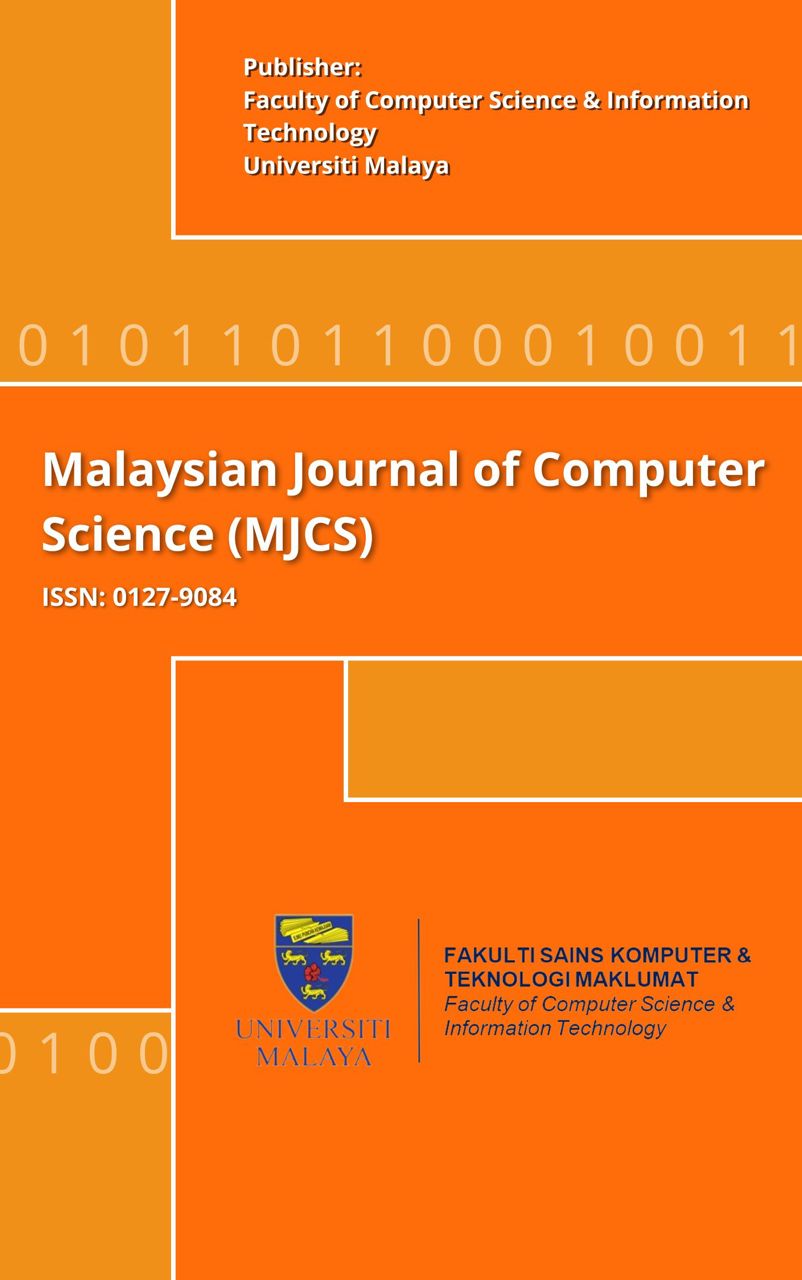A New Curvelet-Based Texture Classification Approach for Land Cover Recognition of SAR Satellite Images
Main Article Content
Abstract
Texture recognition of synthetic aperture radar (SAR) images, an important technique in the remote sensing area, has been deeply interested in the past decade. It is a key method to analyze this special case of images in practical applications. Watershed transform seems to be a proper method utilized to segment images. However, speckle noise in SAR images and the low resolution of edges make the segmentation and texture recognition difficult in a watershed transformation. Because of excellent results from curvelet transform in feature extraction and filtering as well as watershed advantages in image segmentation, an efficient method to recognize and segment various textures in SAR images is proposed. In this paper, a new algorithm for texture recognition of SAR images is presented. Four main steps in texture recognition of SAR images have been developed in the proposed algorithm. First, the curvelet transform is applied to the SAR image so that the existent image noise is reduced as much as possible. In the second step, the features of various textures in SAR image are extracted based on sub-bands from curvelet transform. In the third step, a label matrix based on the extracted features is formed by the watershed transform. In this matrix, a label is given to a single texture in SAR image which represents watershed regions. Finally, by applying watershed transform tothe matrix, the textures of SAR image are classified and recognized. The proposed scheme has been tested on both agricultural and urban SAR images. Experimental results demonstrate the efficiency of the proposed approach in texture recognition of SAR imagery.
